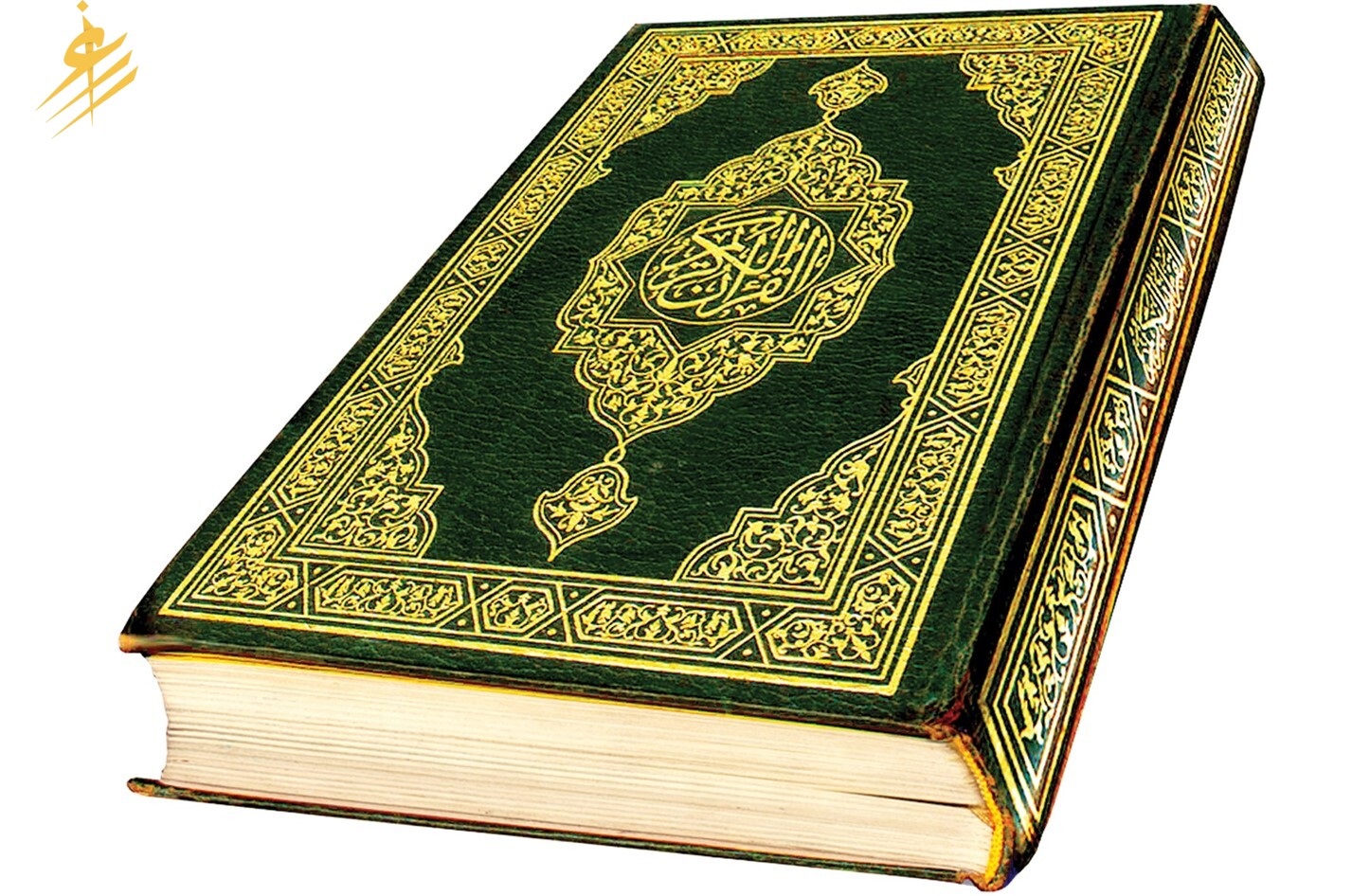The eloquence of Quran includes many comprehensive words that the Arabs sought to know and interpret, from here we will clarify some different meanings and interpretations.
The eloquence of Holy Quran: Choosing the appropriate word in the appropriate place
- One of the miracles of Quran is the choice of a specific word that no one else can take its place, as if you meditate on the Almighty’s saying: “They want to extinguish the light of God with their mouths” [Surat Al-Tawbah: 32].
- Why did he use “to extinguish” and not use, for example, “to quench”?
The most famous examples of eloquence in Quran
Here are some examples of rhetoric means in Holy Quran as follows:
- When do Arabs use extinguishing or use it with what? In what condition? And quench in what condition?
- Arabs use both in the fire.
- The Arabs differentiate between extinguishing and quenching, although both are used in fire, on the one hand, that extinguishing is used in little and a lot, quenching is used in a lot only.
- So, what can you say: A fire broke out in the tissue box, and we quenched it.
- Allah says: “The wife of al-aziz is courting her young man over himself”.
- This phrase came to vilify the beloved wife, and his saying “woman” is vilification given for the family situation.
- The women in the city were disgusted and abhorred by what the woman did and such a woman like her certainly has enemies and envious people for her position.
- There is no doubt that the phrase is an insult to the wife of Al-aziz, but some women in the city said, “The wife of Al-aziz is seducing her young man over himself” [Surat Yusuf: 30].
- Consider now the choice of words to denote defamation, what they said: so-and-so, nor Zuleikha, nor dear wife, so the word woman indicates defamation in terms of the family situation, that this woman is married, then she does this act? I mean, she was not satisfied with her husband and extended her eyes to the forbidden.
You can also read about: The first one converted to Islam from companions.
The most famous examples of the eloquence of Quran

Holy Quran is an important source of Arabic rhetoric, it is characterized by its wonderful style and use of many rhetorical methods, here are some examples of the eloquence of Quran:
- Metaphor: The Almighty says in describing Allah: “God is the light of heavens and earth” (An-Nur: 35). In this example, Quran uses the analogy to describe God as the light of heavens and earth, to express the purity and brightness of God as light.
- Synecdoche: The Almighty says: “And if you fall ill, he will heal” (Al-shuara’: 80) God appears here as a healer, not an ordinary doctor, but Quran uses metaphor to emphasize his ability to heal.
- Planning and organization: The order of verses in Quran reflects a wonderful organization, starting with verses that talk about monotheism and lordship, then moving onto rulings and commandments, taking the end of Quran’s civil and prophetic books.
- Use symbols and examples: The Almighty says: “It is like life there’s water that we brought down from heaven, the vegetation of earth mixed with it, which eats people and cattle, until earth takes its decoration and adornment and its people think that they are capable of it, our command comes to it day or night and we make a harvest as if it did not become rich yesterday” (Yunus: 24). Quran uses symbols and examples, such as life and water that irrigates plants but disappears, to describe The decoration of world and warn it against complete dependence on it.
These are a few examples of the eloquence of Quran and there are many others that show the linguistic beauty and eloquence of Quran’s style.
Download jeras app from here, for more social, religious and educational articles.






